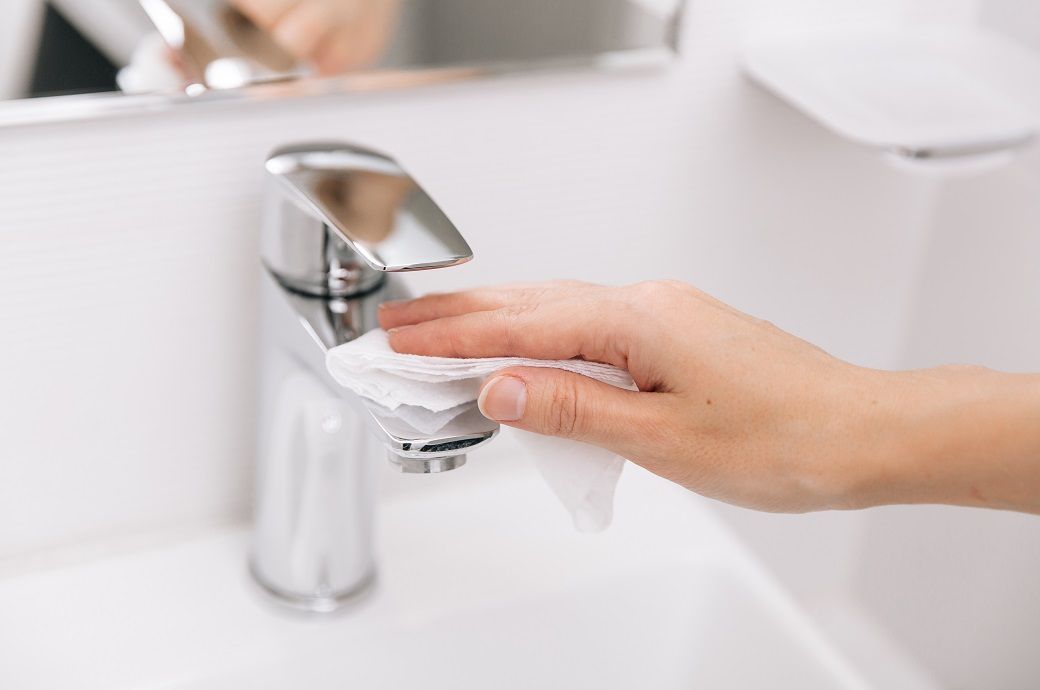
Between 2.1-2.9 billion wet wipes are flushed down UK toilets each year. Wet wipes contribute to 94 per cent of sewer blockages, which can lead to damage to properties and can result in sewage-related litter entering the environment. It is estimated that water companies spend £100 million each year dealing with this, according to a press release by UK’s department for environment, food, and rural affairs.
Coffey has told producers that labels saying ‘flushable’ or ‘fine to flush’ may encourage consumers to dispose of wipes down the toilet, rather than disposing of them responsibly in the bin. Wet wipes producers have now been asked to set out how they will address these concerns.
This week water minister Rebecca Pow attended a summit in Paris, where the UK, alongside 52 other members of the High Ambition Coalition (HAC) to End Plastic Pollution, has signed a far-reaching joint ministerial statement that calls for a range of mandatory provisions to be included in the global plastic pollution treaty, currently under negotiation.
Pow said: “It is vital that producers are more transparent with their guidance on flushability, as ultimately wet wipes that are dumped down the toilet can cause damage to our environment and water quality.
“This is alongside the wider action we’re taking on water quality, including tougher enforcement for water companies, more investment, and tighter regulation to stop pollution happening in the first place.”
This action follows on from commitments made in the government’s Plan for Water to write to producers and advertising authorities about using the word ‘flushable’ on wet wipes packaging. The Plan for Water also committed to a public consultation on the proposal to ban wet wipes containing plastic, responding to public calls to tackle the issue of plastic in UK’s waterways and building on recent action from major retailers including Boots and Tesco. The government will work with the industry, making sure plastic-free alternatives are always available to the public.
The UK government has made significant strides in its bid to eliminate avoidable plastic waste. This began with the announcement of one of the world’s most stringent bans on microbeads in rinse-off personal care products in 2018. This was followed in 2020 by restrictions on the distribution of single-use plastic straws, drink stirrers, and cotton buds. A further step was the introduction of the Plastic Packaging Tax in April 2022. This imposed a tax of £200 per tonne on plastic packaging manufactured in, or imported into the UK, which does not contain at least 30 per cent recycled plastic. Moreover, following the substantial success of the 5p single-use carrier bag charge, the government decided to increase the minimum charge to 10p in May 2021. This increase was also extended to all retailers, resulting in billions of bags being removed from circulation.
Fibre2Fashion News Desk (NB)

